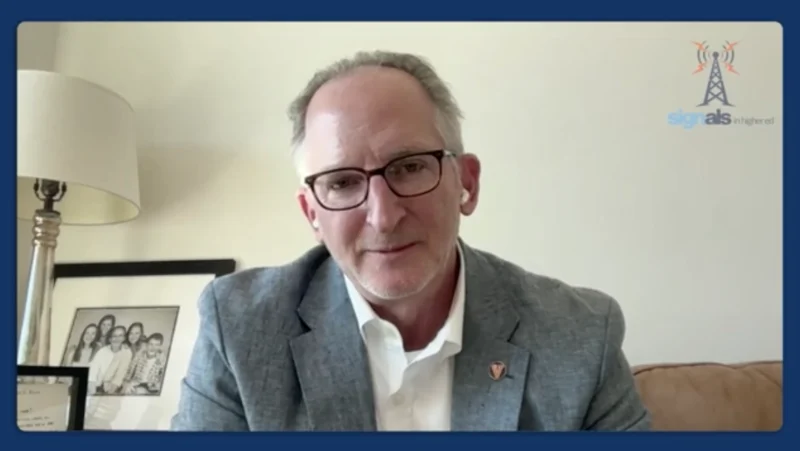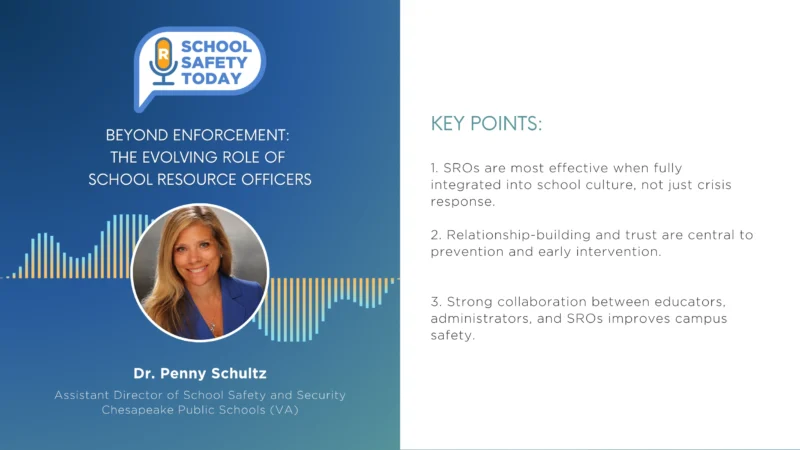Unity’s Jessica Lindl on Playing the Career Game Loop: Learning to Earn in the New Economy (Episode 2)
Today’s workforce is facing profound disruption, driven by automation, AI, and shrinking entry-level job opportunities. According to SignalFire’s 2025 State of Talent report, entry-level hiring in tech has dropped by 50% from pre-pandemic levels. In this shifting landscape, younger workers aren’t just seeking jobs—they’re demanding agency, feedback, and purpose. Game-based learning models like the Career Game Loop are gaining traction because they mirror the real-world dynamics of growth: nonlinear learning, experimentation, and persistence through challenges.
How can video game design principles help the next generation navigate an unstable job market and reshape the way we build skills, solve problems, and stay engaged?
In this second installment of the DisruptED series, host Ron Stefanski welcomes back Jessica Lindl, Vice President of Ecosystem Growth at Unity, to unpack how game design is redefining career development. From agency and failure-as-feedback to peer learning and mission-driven work, Lindl shares how the next generation is building skills and lives with intention, adaptability, and grit.
Key Highlights from the Conversation:
-
Game Design as Learning Design: Lindl breaks down how mechanics like choice, exploration, and “failing forward” make game-inspired models more effective than traditional instruction.
-
Gen Z’s Purpose-Driven Mindset: Today’s young professionals are motivated by social impact, continuous learning, and alignment with personal values, not just promotions.
-
Resilience Through Play: Gaming teaches users to embrace uncertainty, seek mentorship, and keep going—skills now essential in a disrupted economy.
Jessica Lindl is Vice President of Ecosystem Growth at Unity Technologies and the bestselling author of The Career Game Loop: Learn to Earn in the New Economy. She brings over two decades of experience leading global initiatives in education, workforce development, and social impact. At Unity, she has spearheaded programs that scale career access through game-based learning and digital upskilling, reaching millions worldwide.




